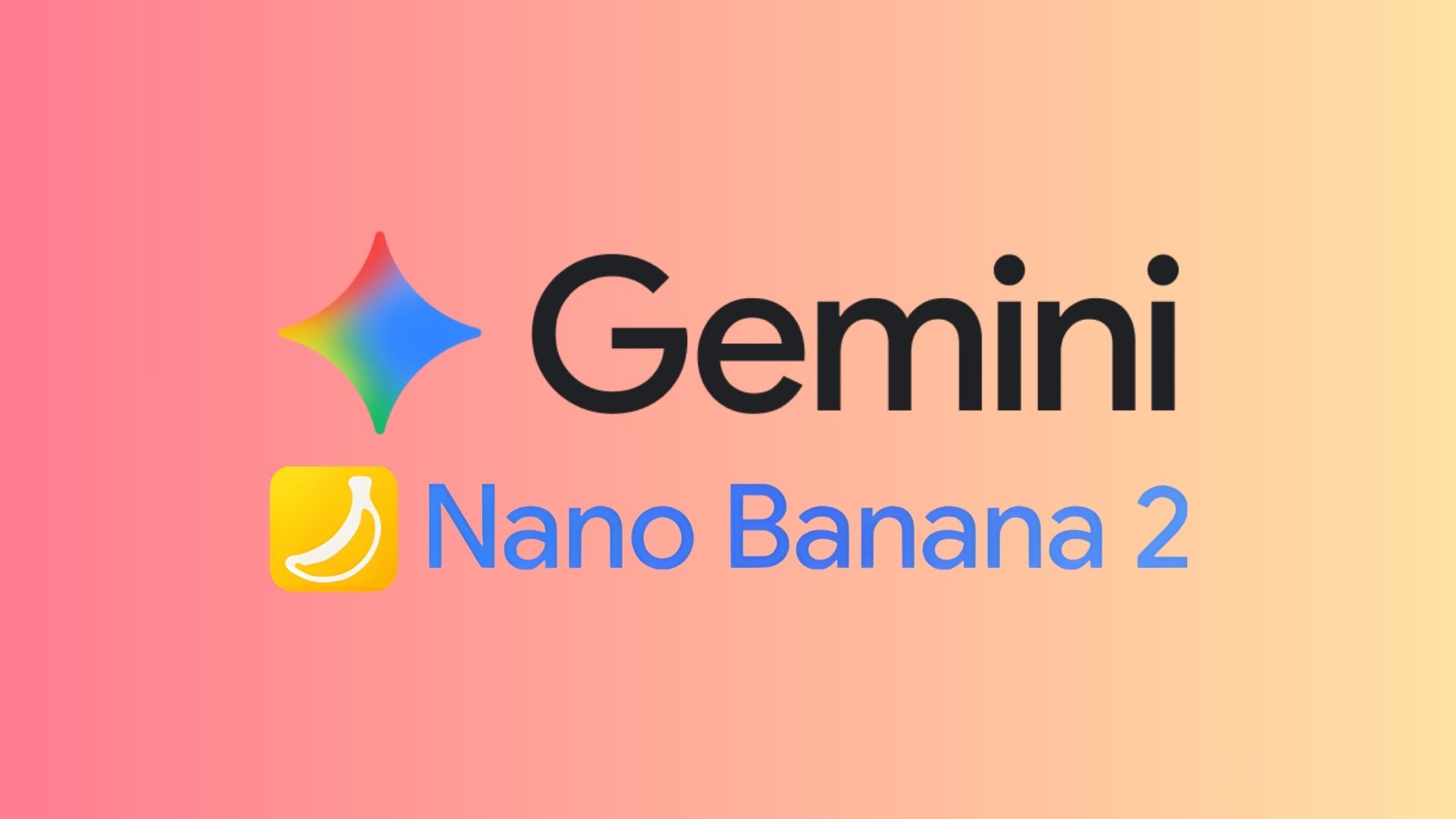Latos Data Centres is preparing plans for a 28,000 sq ft data centre in Monsall, East Manchester, aimed at serving rising demand for AI computing. The scheme would occupy a three acre brownfield site at Bower Street and Ten Acres Lane in Manchester.
The East Manchester project is designed as a neural edge data centre, bringing AI processing closer to end users than traditional cloud facilities. Latos said the Manchester development would form part of a broader plan to deliver 30 UK sites by 2030.
A live consultation in Manchester will run until 16 March, with Create Architecture leading the design. Advisers on the Manchester scheme include Euan Kellie Property Solutions on planning and SK Transport Planning on transport matters.
Latos said the Manchester facility would regenerate a vacant industrial plot and operate to high environmental and safety standards. The developer is also delivering a separate data centre in Tees Valley as it expands its AI-focused portfolio across the UK.
Would you like to learn more about AI, tech and digital diplomacy? If so, ask our Diplo chatbot!










